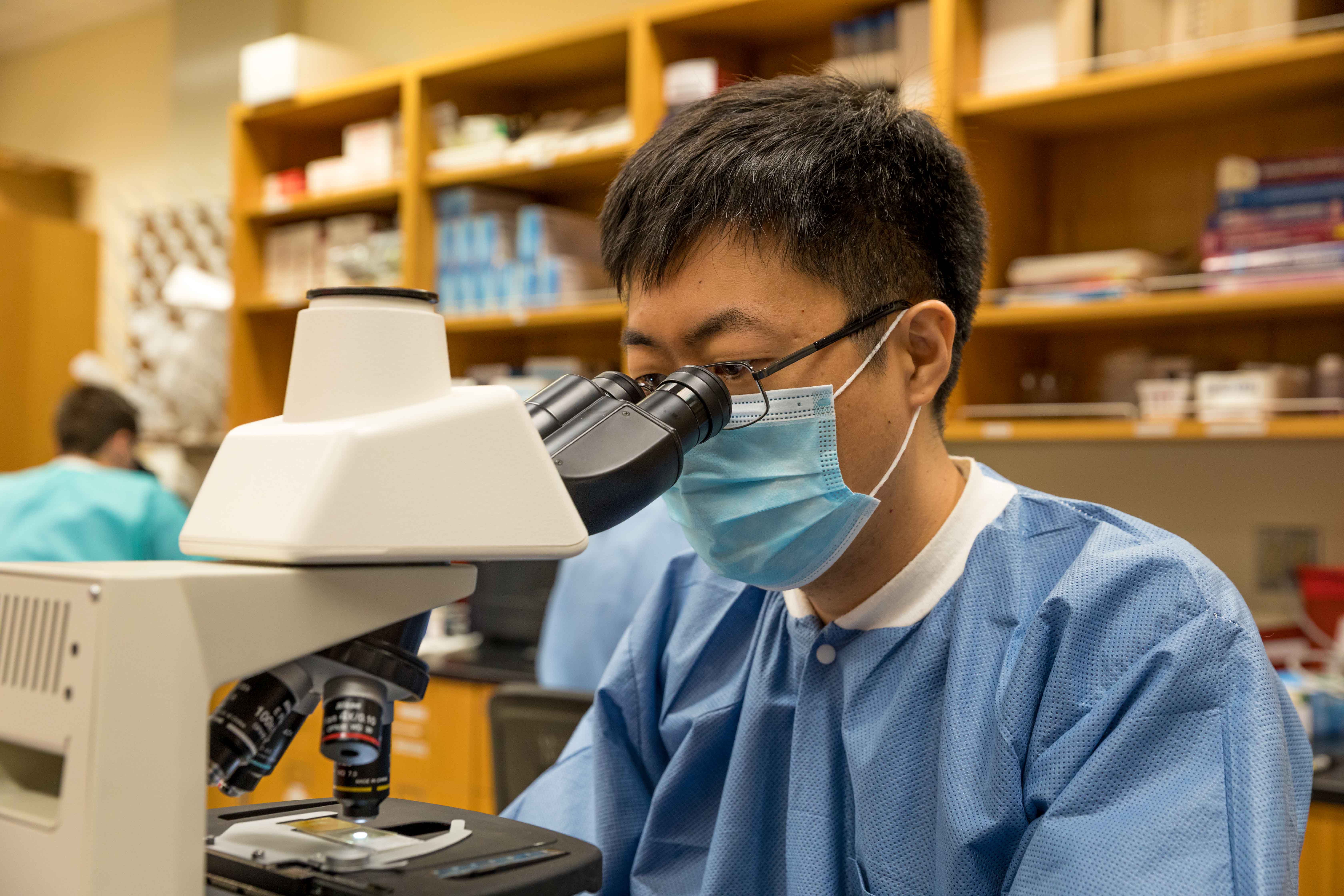

- #Clinical science laboratory manual
- #Clinical science laboratory professional
- #Clinical science laboratory free
TJC accredits hospitals and usually performs an unannounced inspection every 3 years. CAP inspection process surveys all areas of the laboratory and is a peer review process.

In order to assess laboratories compliance with these regulations laboratories must be inspected every 2 years by either CMS or an organization approved by CMS most commonly CAP or The Joint Commission (TJC). These laboratories receive no routine inspections although a small percentage will be subjected to a random inspection to assure quality.Īll laboratories that perform moderate or high complexity testing must meet certain standards for proficiency testing (PT), QC, quality assurance (QA), and personnel qualifications. Laboratories that only perform waived testing are eligible for a certificate of waiver under CLIA. Complexity varies from waived testing which includes rapid strep and other antigen testing to moderate complex tests for example the Gram stain and urine culture to high complexity tests which includes most other testing in the microbiology laboratory. The requirements vary depending on the complexity of testing performed by the laboratory. The CLIA’88 Law, in effect since 1992, requires all clinical laboratories doing testing on human specimens to be certified by CMS. Amitava Dasgupta, in Microbiology and Molecular Diagnosis in Pathology, 2017 Clinical Laboratory Improvement Amendments/College of American Pathologists and Clinical LaboratoriesĬlinical laboratories are regulated by Center for Medicare and Medicaid Services (CMS) through the CLIA, whose objective is to assure a standard of quality in laboratory testing. Only liquid and gas-chromatography mass spectrometry are discussed in this chapter.Īudrey Wanger. We also discuss proposals for new FDA regulations regarding laboratory-developed tests (LDTs) that may have dramatic impact on clinical laboratories that utilize mass spectrometry. Here we review multiple guidelines and sources of information regarding this process: from federal requirements of the Clinical Laboratory Improvement Act (CLIA), accreditation requirements of the College of American Pathologists (CAP), Food and Drug Administration (FDA) guidance related to the pharmaceutical industry, and recommendations/reviews from the literature.
#Clinical science laboratory professional
Careful attention must therefore be given to both regulatory requirements and standards of professional practice regarding the validation, quality control, and competency/compliance aspects of offering, such assays. Garg, in Mass Spectrometry for the Clinical Laboratory, 2017 AbstractĬlinical laboratory assays using mass spectrometry are invariably developed in-house. Detailed instructions for authors are available. Contact the CLS Editor-in-Chief for more information.D.F.
#Clinical science laboratory manual
To encourage consistency in style, refer to guidelines in Scientific Style and Format – The Council of Science Editors Manual for Authors, Editors, and Publishers, 2006. CLS also publishes all submissions that have been accepted, edited, and approved immediately online, ahead of print, speeding the process for authors. The system allows for authors to track their submissions in real time.
#Clinical science laboratory free
First time users may create a free account in the CLS system. Should authors choose to utilize it, the system employs ORCID identification. Contact ASCLS at Laboratory Science ( CLS) is now accepting electronic submissions through our integrated author/reviewer portal for manuscript processing. AdvertisingĪdvertising for CLS is accepted in accordance with the advertising policy of the ASCLS. Microfilm and microfiche editions of CLS are available from Proquest, 300 N Zeeb Road, Ann Arbor MI 48106. The cost of single copies is $18.Īll articles published represent the opinions of the authors and do not reflect the official policy of ASCLS or the authors’ institutions unless specified. Annual Professional membership dues for ASCLS are $96, $40 of which is allocated to a subscription of CLS. Individual and institutional subscriptions may be purchased separately. Professional membership in ASCLS includes a subscription to Clinical Laboratory Science. CLS is an online journal published quarterly and features articles on the very latest in research, education, and government actions affecting clinical laboratory science professionals and their integration and impact on the healthcare system.


 0 kommentar(er)
0 kommentar(er)
